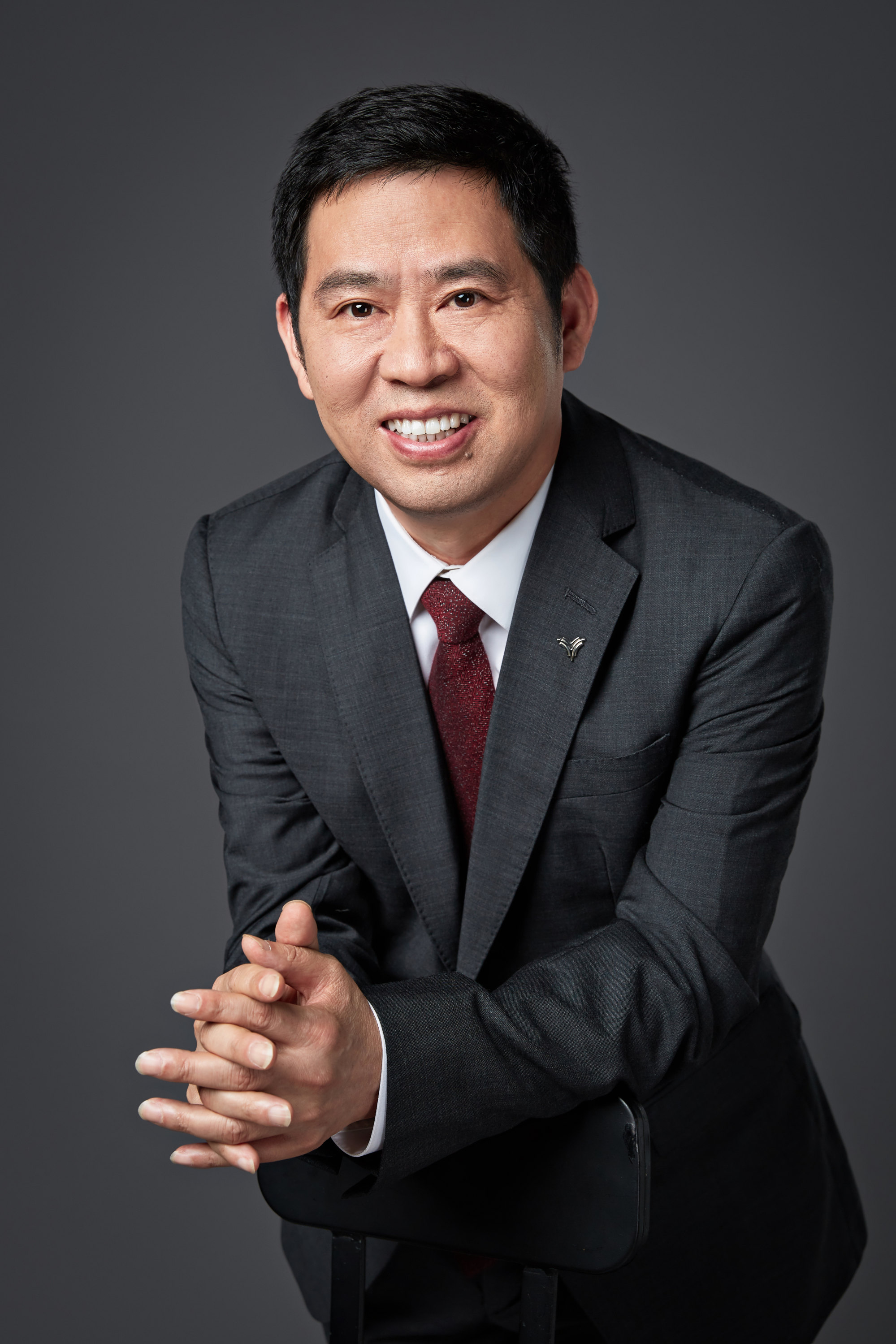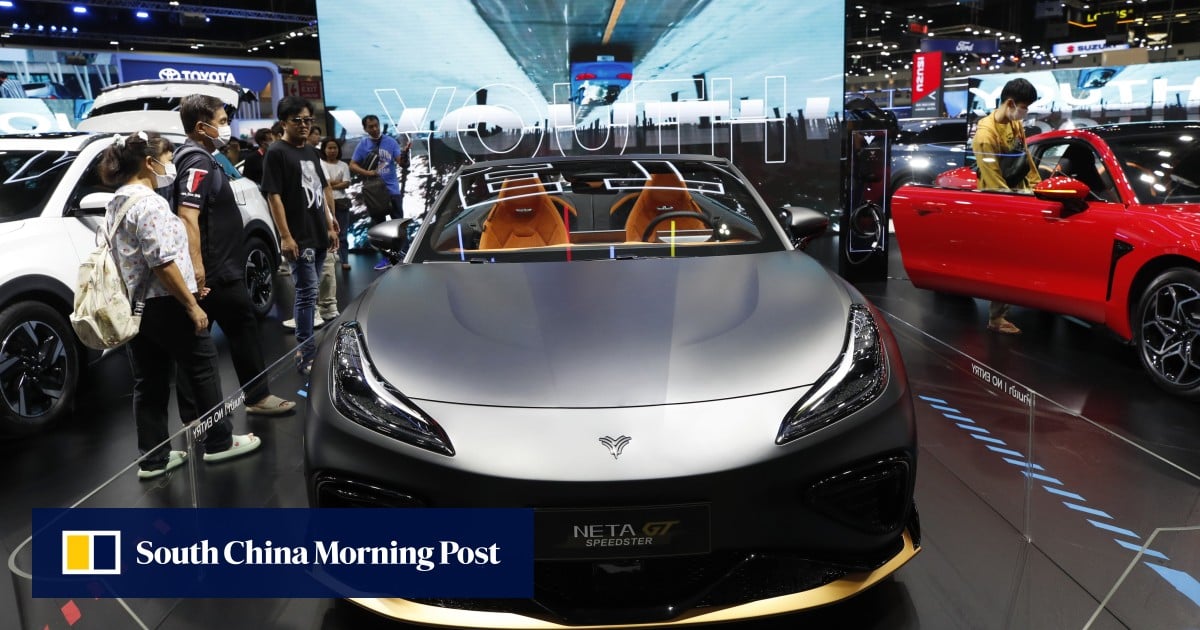He added that the expansion of the company’s sales network outside mainland China will follow after the IPO.
Hozon filed its listing application last month as the EV start-up joins the fray against local rivals from BYD, the world’s largest EV builder, to Stellantis-backed start-up Leapmotor, amid cutthroat competition on the mainland and trade barriers set by the US and the European Union.
“We will consolidate our foothold in Southeast Asia, try to grab market share in South America and develop businesses in the Middle East and Africa,” Fang said. “Hozon will work with local authorities and partners to create ecosystems encompassing R&D, manufacturing, sales and after-sales service around the globe.”

Hozon exported 17,019 Chinese-made vehicles in 2023, which represented 13.7 per cent of its total deliveries last year.
The average selling price of its cars rose to 113,000 yuan (US$15,540) at the end of April from 109,000 yuan in 2023, as the carmaker turned the Neta brand more hi-tech and sophisticated, Fang said.
“Constant product innovation and adjustment of marketing strategies will enable us to chase sustainable, high-quality growth in future.”
Neta is a variation of the name Nezha, a protection deity in Chinese mythology. The brand falls in the budget category in China and is aimed at middle and low-income drivers who prefer battery-powered vehicles to petrol-driven cars.
Hozon, founded in 2014, has raised 26.4 billion yuan in venture capital funding over 11 rounds from 19 investors, according to data compiled by Crunchbase. Its backers include the Chinese cybersecurity firm Qihoo 360 Technology, Citic Securities and the Beijing municipal government’s EV maker BAIC-BJEV.
Hozon’s loss stood at 6.9 billion yuan last year, narrowing by 40 per cent from a year earlier.
Fang did not disclose the targeted IPO size, but Bloomberg reported it could be in the region of US$1 billion, which would make it one of the city’s top five listings this year.
It is the latest mainland EV builder to pursue a Hong Kong listing, following rivals such as Xpeng and Nio.
Beijing has fast-tracked approvals of mainland companies’ overseas listings since April as part of its efforts to underpin a slowing economy.
As of June 18, 158 firms had obtained approvals for overseas listings, the China Securities Regulatory Commission’s vice-chairman Fang Xinghai said during the Lujiazui Forum in Shanghai on June 19. Of these, 85 are headed for Hong Kong and 73 to New York.
China is the world’s largest EV market, where sales of electric cars account for 60 per cent of the global total. Since mid-February, prices of nearly all EVs and petrol cars have been slashed by carmakers on the mainland to maintain their market share amid a price war.
In May, the White House announced a quadrupling of tariffs on Chinese-made EVs as part of an array of measures it said would protect US companies from unfair subsidies doled out by Beijing to its companies.
“We will keep our focus on improving profitability,” said Fang. “We will stay away from price competition if the price war escalates. The competition, as I see it, lies in efforts to bring higher value to users.”

